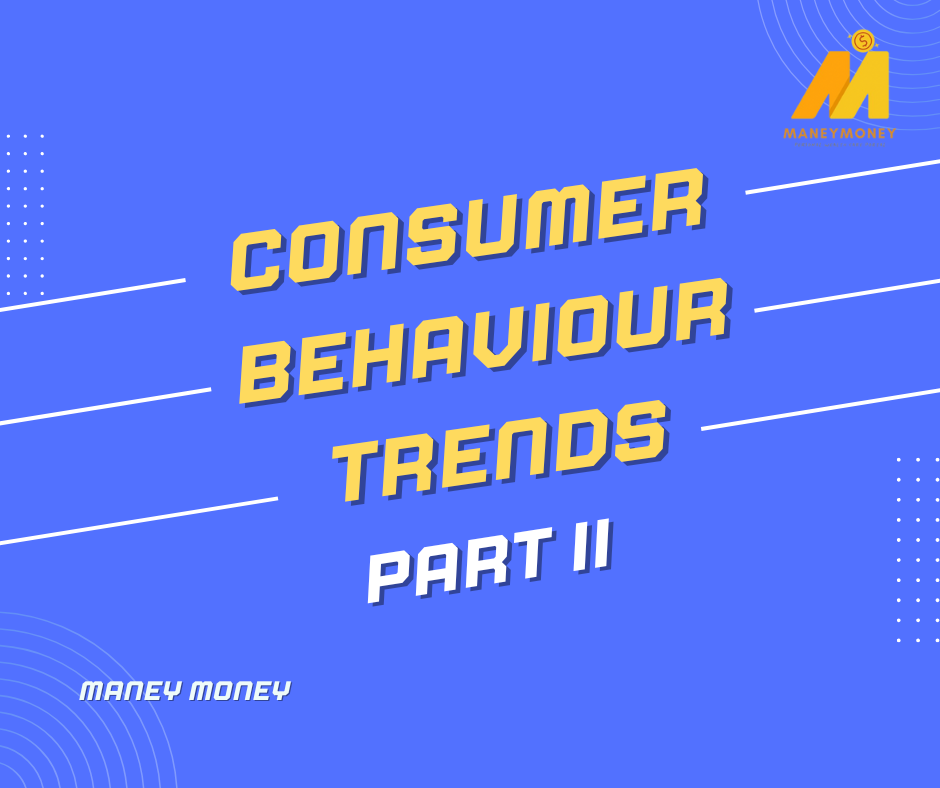As we continue to explore the changing landscape of consumer behavior, it’s clear that expectations are evolving faster than ever. In the first part, we looked at the big changes like people caring about the planet, wanting things made just for them, and wanting them fast. Now, in this second part, we're going to dive deeper into what else is new and important for the future of shopping.
6️⃣ Real Voices Matter
Keep in mind what customers really want are authenticity, user-generated content, social proof These days, we don't trust ads from companies as much as we trust what regular people say. What our friends tell us, the reviews other shoppers write, and the recommendations from people we follow online are really important to us. So, companies that show real people using their products and get good reviews are building trust. For example, one brand got super popular because its customers shared their own pictures and talked about the products online. In fact, most of us trust online reviews just as much as we trust advice from our own friends. This means people want realness, content made by other users, and proof that other people like the product.
7️⃣ Wellness-Centered Lifestyles
Consumers these days are investing in physical, mental, and emotional well-being. Feeling good is a big deal now. People are spending money on things that help them feel healthy, both mentally and physically. This includes things like organic food, apps that help you relax, self-care routines and anything that helps with taking care of yourself. An app called “Calm” would be a good example. It blends meditation, sleep stories, and breathing guides which is designed to help users manage stress, sleep better, and improve their overall well-being. It had an estimated 4.5 million subscribers in 2023. The whole "wellness" market is huge and still growing. This means that the whole "wellness" market is huge and still growing.
8️⃣ Prioritizing Values
It's not just about how good a product looks or how fancy a brand is. More and more, we're choosing where to spend our money based on what a company believes in. If a brand speaks up about things that matter to us, like being fair to everyone or supporting important social causes, we're much more likely to buy from them. A lot of people will actively choose to buy from a brand, or even stop buying from one, depending on whether they agree with the company's social or political stances. This means companies that show they care about things beyond just making money, like being inclusive and supporting social justice, are building stronger connections with their customers. It's not just about selling stuff anymore; it's about sharing values.
9️⃣ Gamified shopping
This transforms the traditional buying experience into something fun, interactive, and rewarding. Instead of simply making a purchase, customers engage in activities like earning points, unlocking rewards, and reaching new levels just like playing a game. This taps into human psychology, using elements like competition, progress, and surprise to keep people emotionally invested. Brands like Starbucks, Nike, and Sephora have successfully used gamification through loyalty apps, digital badges, and mystery rewards to boost engagement, drive more purchases, and build stronger loyalty.
1️⃣0️⃣ Globalization & Local Touch
People love global trends but crave local relevance. Even though we like seeing cool new things from all over the world, we also want those things to feel like they fit our own local culture. It's like when a big company sells the same product everywhere, but they also make sure to use our language on the packaging or in their ads, and maybe even offer flavors or styles that we like here. Think about Netflix. It creates region-specific content in native languages. They have shows from everywhere, but they also make sure to have shows and movies in our own language, with actors we know. This makes us feel like they understand us.
Basically, to succeed in 2025, companies must stay flexible, deeply understand their customers, and keep up with innovations. Brands that can adapt quickly and build genuine connections with people will be the ones that thrive. This is crucial not just for businesses and marketers, but for anyone interested in understanding why we buy what we buy.

Add New Comment